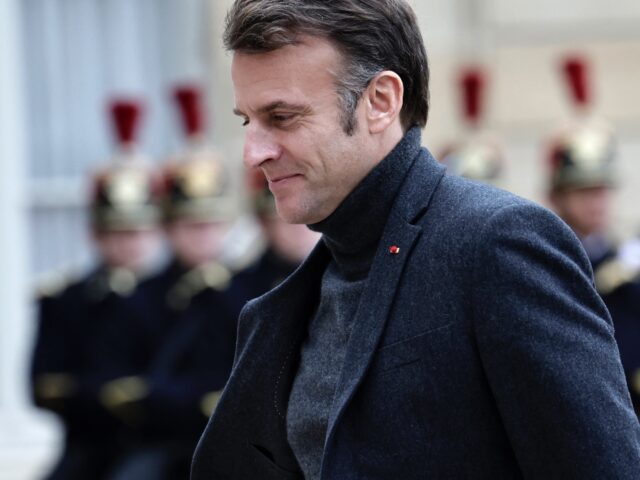With the brief reprieve from the political crisis that was the reopening of the Cathedral of Notre Dame done and dusted, President Macron was forced to return his focus to attempting to cobble together a new government after his second of the year collapsed last week.
Macron held meetings at the Élysée Palace on Tuesday with liberal and leftist party leaders in an attempt to craft a coherent governing coalition in the National Assembly, which has been mired in an effective three-way split since his foolhardy decision to call for snap legislative elections in July.
The embattled president previously turned to the centre-right establishment Republicains to form a government in September under former EU Brexit negotiator Michel Barnier, which relied on the conditional support of long-time Macron rival Marine Le Pen and her National Rally party, the largest single party in the French parliament.
However, following attempts by Barnier to politically browbeat the National Rally and impose effective cuts to social security and push through a tax-hiking budget, Le Pen withdrew her party’s support for the government and joined the longstanding no-confidence measure of the leftist New Popular Front to remove Barnier after just 91 days in office, the shortest tenure of any PM in modern French history and the first to be removed by the National Assembly since 1962.
Now, despite both the left and the right banding together to bring down his government, Macron appears intent on politically sidelining Le Pen and her Rassemblement national (National Rally).
Following a meeting with the president on Tuesday, the head of the leftist Écologistes green party, Marine Tondelier, said that Macron had informed her of his intention to form a government that will not be reliant on RN, Le Figaro reports.
“The President of the Republic insisted several times on the fact that they all committed to no longer putting themselves in the hands of the National Rally, to no longer relying on the National Rally to govern. Wise news, wise decision,” she told reporters after the meeting with Macron.
With only around 165 MPs in the National Assembly expressly loyal to Macron, and the president apparently intent on forgoing the 140 committed to Le Pen, forming a governing coalition would require a partnership with the leftist New Popular Front.
This would give any new government a razor-thin majority in the 577-seat parliament; however, it remains to be seen if either the leftists of the NFP or the liberal Macronists would accept a new prime minister from the other bloc. It is also unclear if Macron’s allies will be willing to be in an open alliance with the far-left elements of the New Popular Front, such as the communists or former presidential candidate Jean-Luc Mélenchon.
Perhaps even more far-fetched than cobbling together a coalition is Macron’s reported intent to not call for fresh legislative elections before his presidential term ends in 2027. For now, baring a resignation from Macron — who has vowed to stay in office — the composition of the National Assembly will be set for at least the next eight months, until the constitutional time limit on new elections expires, likely meaning the country will continue to remain in political turmoil for the time being.
If Macron does successfully put together a leftist coalition and Le Pen’s party is pushed aside, it could actually be a preferable situation for the National Rally politically given that they will no longer be called upon to compromise on their values and will be justified in blaming the hardships of likely tax hikes and austerity measures at the feet of Macron.

COMMENTS
Please let us know if you're having issues with commenting.